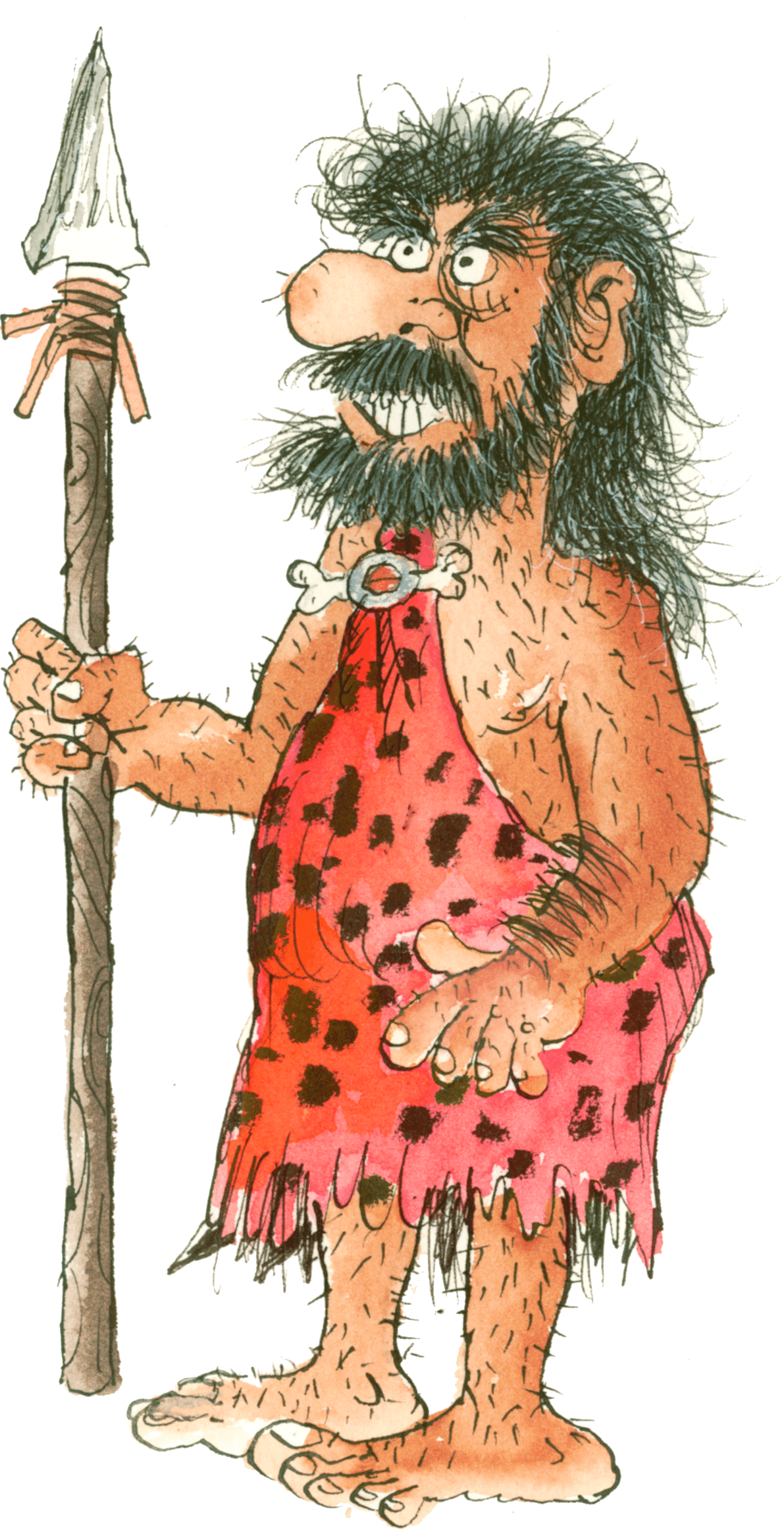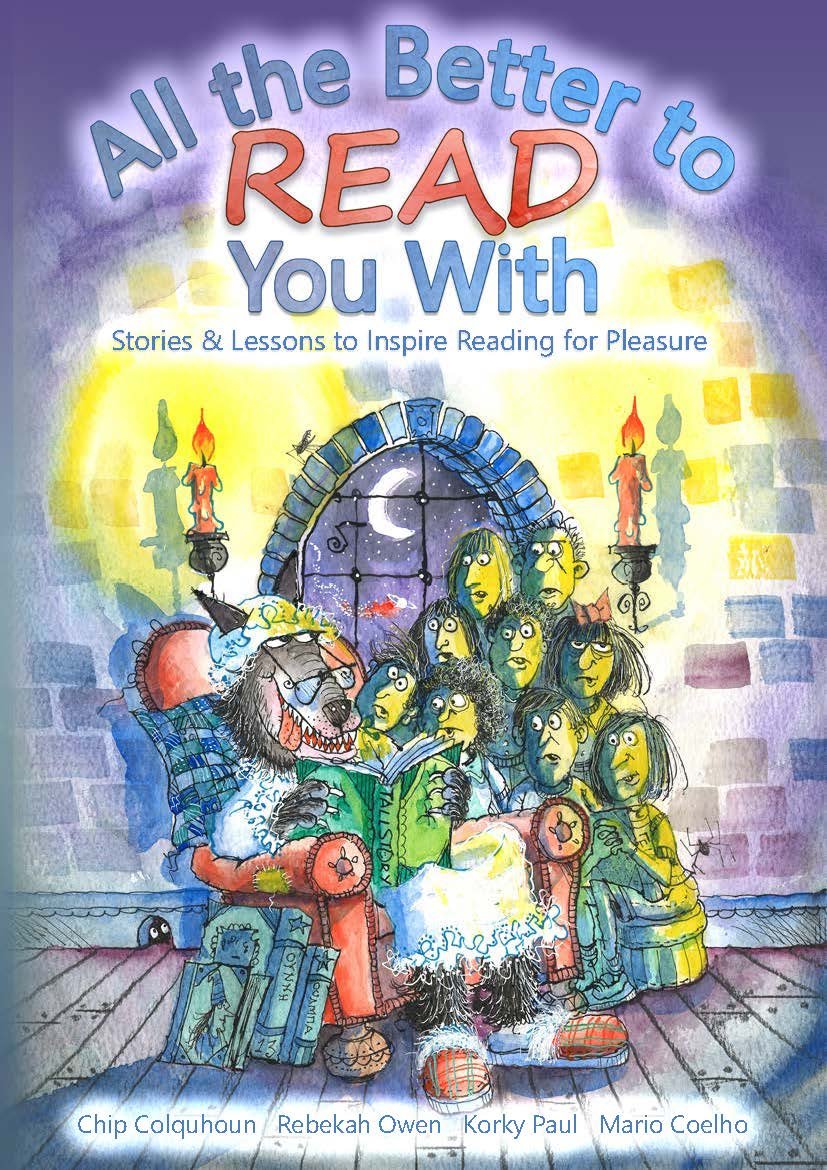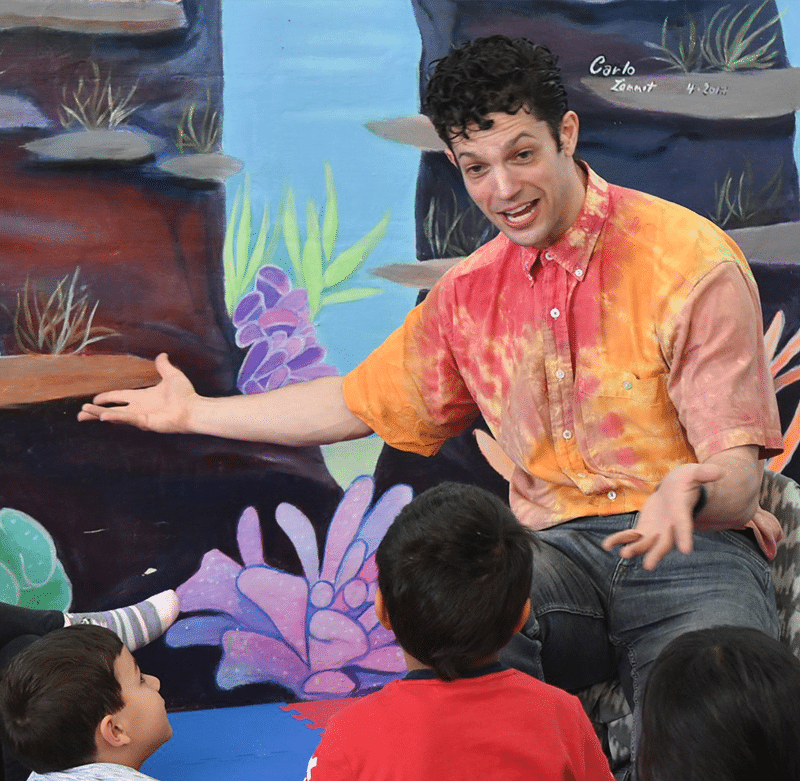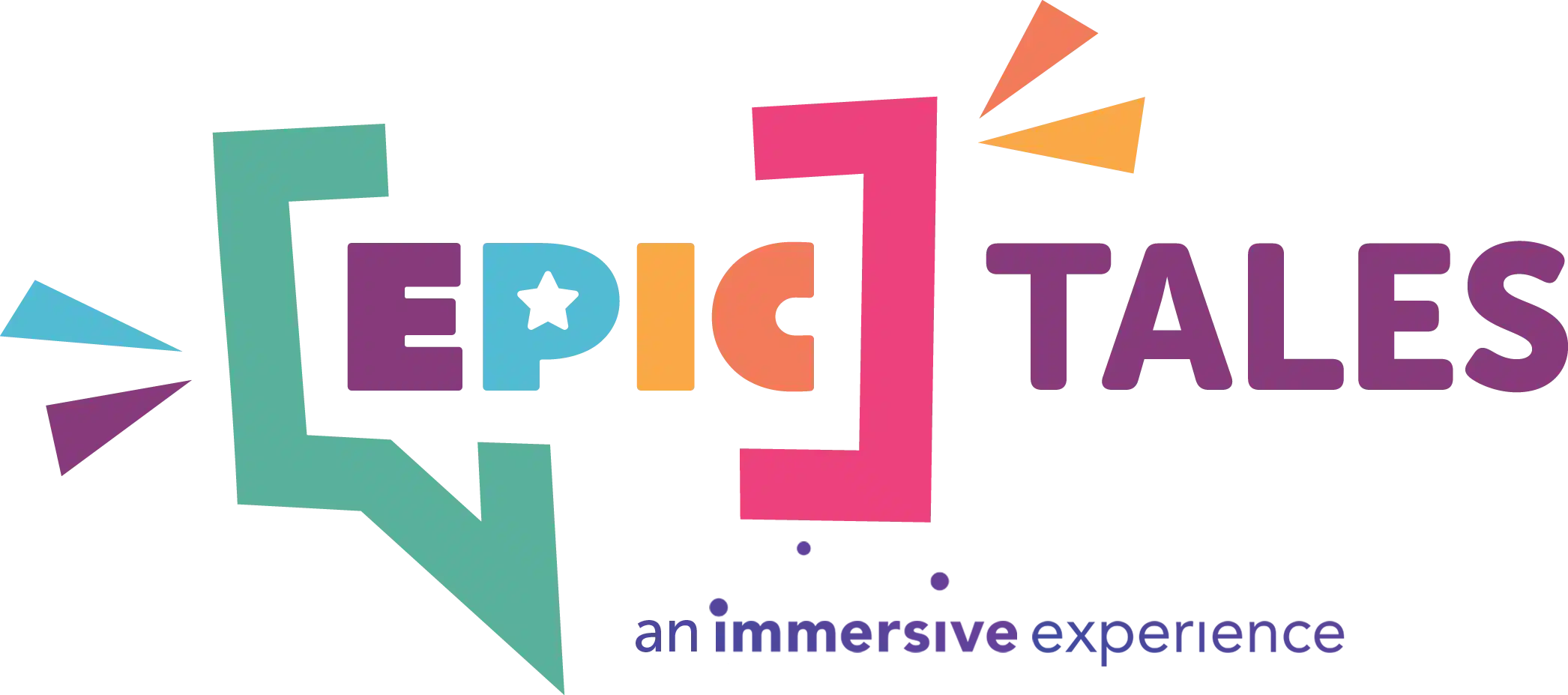An Epic Vision
We at Epic understood this as early as 2007, and have been helping parents and educators share the joys and benefits of stories with their children ever since. Through our performances, workshops, training, and more recently our books, we’ve helped non-verbal children start to speak after a month, stutterers lose their stutters after a day, and countless children improve their literacy, numeracy, knowledge, creativity, and zest for life.
It works because we understand how stories affect the mind, and how best to tell stories to achieve those effects. And because we focus on story over narrative, engagement over showmanship, and sharing over instructing, audiences and readers regularly describe our work as more enthralling and effective than most.

The Tale of Epic Tales
In 2007, Amy and Chip began writing scripts, learning to use puppets, and designing props and costume. Neither had any drama school training (Amy was an English graduate, and Chip had studied Law!), but they joined their local amateur storytelling circles.
Here, Chip quickly picked up on the differences between ‘theatre in education’ and traditional storytelling – and suggested to Amy that the latter held more potential to empower young audiences. The most essential difference was summed up perfectly by a reviewer for the Primary Times “Children’s Choice” award after they watched an Epic show at the Edinburgh Fringe: “It felt more like a conversation than a performance.”
With this ethos now at the heart of their work, Amy and Chip’s business exploded. Within their first five years, they amassed three Project Grants from Arts Council England, became the face of the Oxford Reading Tree’s Traditional Tales resources, and visited countries in both hemispheres to share stories in theatres, festivals, schools, and even department stores.
From 2007 to 2018, Amy and Chip traded as Snail Tales. They teamed up and trained with storytelling greats such as Bob Hartman, Graham Langley, Mary Medlicott, and John Row – and soon they were mentoring new storytellers themselves, including Magic Nick Lee, David Ault, Janina Vigurs, Andy Copps, and Amber Lickerish.
The involvement of David Ault in particular saw Snail Tales developing programmes exploring science history and themes, which in turn led to exciting collaborations with the Royal Astronomical Society, the British Geological Survey, Big Bang Fairs, and Immersive Experiences.
In 2013, European Lifelong Learning commissioned them to produce guidance for schools on using storytelling in the classroom. This resulted in Chip and David designing the world’s first controlled experiment to assess the impact of storytelling on test scores of children aged 10 and 11. The children taught through story performed 26% better than those taught with rote methods, a result which is seeing more and more schools today adopt storytelling curricula.
This first joint foray into children’s publishing prompted both to start considering exactly how to capture the conversational feel of storytelling in written form, so the empowering benefits of storytelling could be there in story reading.
That same year, Chip visited St Andrew’s School in Soham to share stories for a 2hr afterschool pyjama party. When he returned to the school later, receptionist Kate told him that, after her 8-year-old son had enjoyed the party, he’d gone home and voluntarily put on his reading glasses – for the first time. Somehow, listening to stories had inspired this boy to seek the pleasures of reading!
Chip was determined to find out why, and this began the research and development that ended in All the Better to Read You With: Stories & Lessons to Inspire Reading for Pleasure. This revolutionary handbook was part children’s anthology, part storytelling guide, and part collection of lesson plans proven to turn reluctant readers into recreational readers.
In 2018, Amy stepped back to focus on her own family and writing projects. Snail Tales became Epic Tales, and had an exciting two years preparing for its seventh Arts Council England-funded project in collaboration with Cambridgeshire County Council, BBC Get Creative, and many others, ready for launch in… 2020…

This project was funded almost entirely by families who had felt supported by Epic during the pandemic – in particular the Weisl-Shaws, whose son Noah had gone from hating literacy to producing creative writing in his break time, all within one month of his mother starting to read Epic stories to him.
But while Chip and Korky’s fanbase was growing, it wasn’t growing fast enough to repair the financial damage caused by the pandemic, and it looked like Epic’s story would end in 2023.
No-one wanted this to happen. By now, Epic’s success in inspiring recreational reading had come to the attention of the National English Hub, the Department for Education’s body to improve literacy in schools. English Hub received permission to make Epic Tales a preferred supplier, and began to place large orders for training and publications – but the pandemic-bruised Epic Tales would struggle to fulfil these alone…
Fortunately, Epic Tales was then brought into the Immersive Experiences family. The UK’s leading provider of STEM experiences thus became its leading provider of STEAM experiences, and also took the decision to up Epic’s presence in the world of children’s publishing – both to entertain and inspire further young readers. Fables & Fairy Tales would continue, as would the All the Better educator handbook series.
And now, in the present day, Epic continues to inspire the next generation of innovators, nurture new storytelling and writing talent, support festivals and fairs, and more. As an Immersive Experience, those seeking awe-attracting technological wonders such as mobile planetaria, VR worlds, and hands-on science activities can also get easy access to the most impactful storytelling around – and vice-versa.
How Will You Benefit From Epic Tales?

Story Shop
Browse books proven to empower readers of all ages and interests.

Events
Where we’re going, where we’ve been, and booking us for your event.

Schools
Empowering storytelling visits and teacher training.


